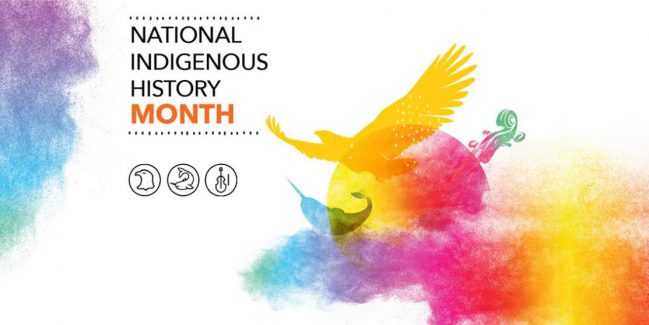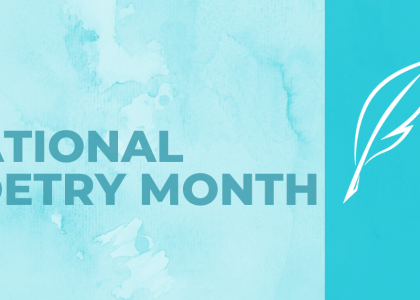Celebrating Indigenous History Month with Tellwell
June is National Indigenous History Month in Canada, an opportunity to learn about the unique cultures, traditions, and experiences of First Nations, Inuit, and Métis peoples. It’s a time to honour the stories, achievements, and resilience of those who have lived on this land since time immemorial and whose presence continues to impact an evolving Canada. During National Indigenous History Month, we shine a spotlight on the incredible authors who have skillfully crafted literary masterpieces, weaving together narratives that have brought forth Indigenous voices and heritage, bridging the gap between past and present.
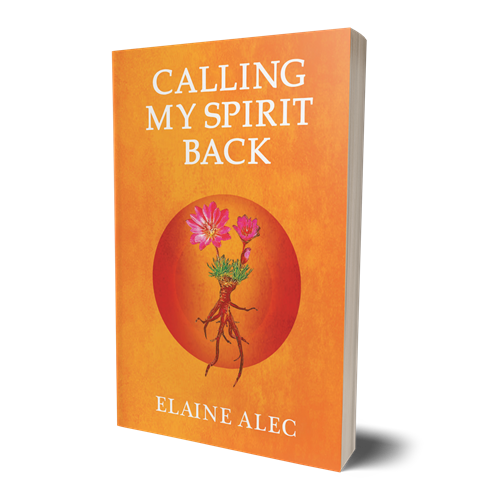
Elaine is from the Syilx (Okanagan) Nation and Secwépemc (Shuswap) Nation and is a member of the Penticton Indian Band.
Elaine was raised by her grandmother who spoke only the nsyilxcən language. It is this foundation that shaped her world view and the importance of connection and relationships.
She is an advocate for women and girls, facilitator of healing circles and mediator for highly sensitive issues that occur as a result of multigenerational trauma. Elaine has spent over 20 years in over 100 communities across Canada to promote healing and wellness. She is a partner of an Indigenous owned and operated planning company called Alderhill Planning Inc., along with Chris Derickson and Jessie Hemphill, who are all leading experts in Indigenous community planning.

In 1951, Albert Etzerza, 6 years old at the time, was taken from his mother’s home to go to school. They had no choice and therefore he was taken out of the home to show the Natives how to live, eat, talk, and act. They had set times for everything: bed time, clean up, and pray. You could not speak your native tongue.
Albert Etzerza was the first Indigenous person out of 7 to take the Canadian government to court for the wrongdoing they did to his people across the nation.
Albert’s five sons and wife Rose ensured his manuscript was published after Albert passed away.
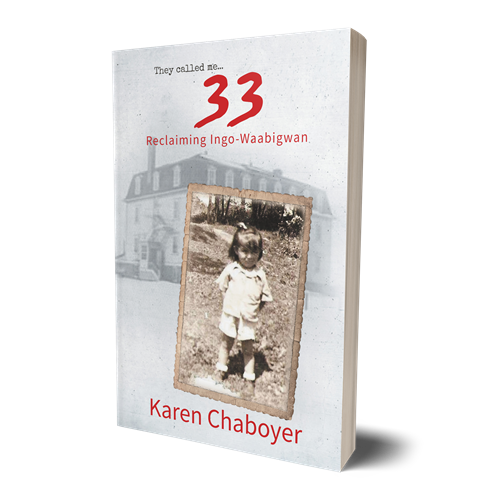
Karen Chaboyer is an Ojibwa mother and grandmother from Rainy River First Nations, a community in northwestern Ontario. She is proudly admired by her children, who have witnessed her transformation as she worked through layers of shame and learned to embrace her identity.
A second-generation survivor of residential school, Karen now shares her experiences with audiences throughout the Toronto area, where she now resides. Karen’s goal is to educate people on the extent to which the tragedies of the residential school system have impacted individuals, families, communities and entire cultures to this day.
Karen believes that grieving is the way to work through our losses and past traumas; compassion for ourselves and each other is how we move forward. Only then can we be victorious.
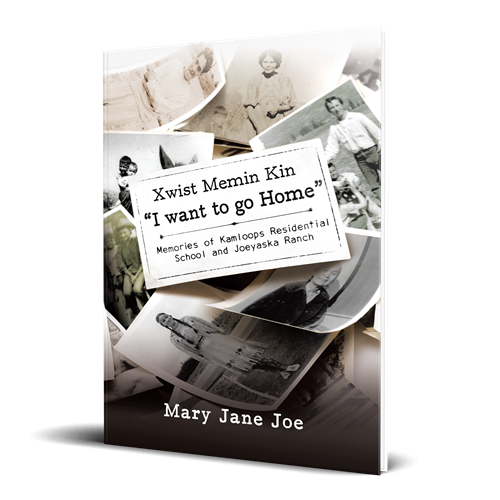
Born Nk’xetko at the Joeyaska Ranch near Merritt B.C. Mary Jane Joe witnessed firsthand what it meant to be “status Indian.” Parents and siblings were sent to Indian residential schools and subjected to harsh rules of assimilation.
The Sterling Family of Joeyaska nurtured Nk’xetko through her schooling and after Grade 12 graduation sent her off to university to start a degree but the overwhelming strains of city life canceled those plans. Getting married, starting a family, and moving to the Yukon far from Joeyaska resulted in a new type of stress that residential school hadn’t prepared her for. It was in raising two children who asked about her childhood that forced Nk’xetko to seek professional counselling. The tide of self-hatred began to diminish in studying scriptures found in the Bible giving her the courage to complete two university degrees by age forty-seven, teaching for eighteen years in post-secondary colleges and institutions, despite being called a failure.
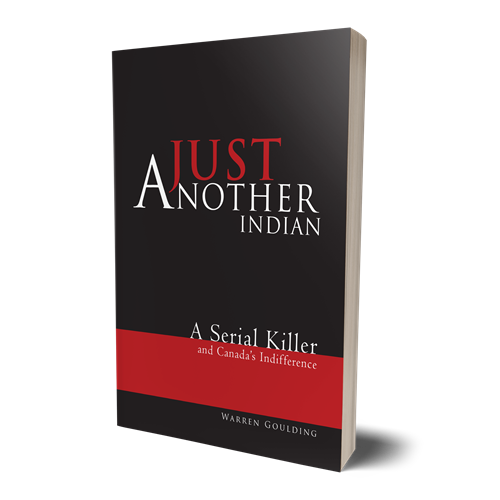
John Martin Crawford is a serial killer who preys on Native women. Convicted in 1996, Crawford is serving concurrent life sentences for brutally murdering Canadian Native women and is a suspect in the killing of at least one other Native woman. Crawford has staked his claim as one of the nation’s most prolific sex killers with little fanfare. He is anonymous, his deeds virtually forgotten. Who is he?
Journalist Warren Goulding traces the crimes, prosecution, convictions, and media treatment surrounding Crawford and his victims. By raising disturbing questions about racism, police actions and policy, and the media, he draws the whole story out of obscurity and onto the public record. This disquieting book acknowledges for the first time the lives and gruesome deaths of these four Native women and challenges all Canadians to consider the possibility that in this country, some lives are worth more than others.
